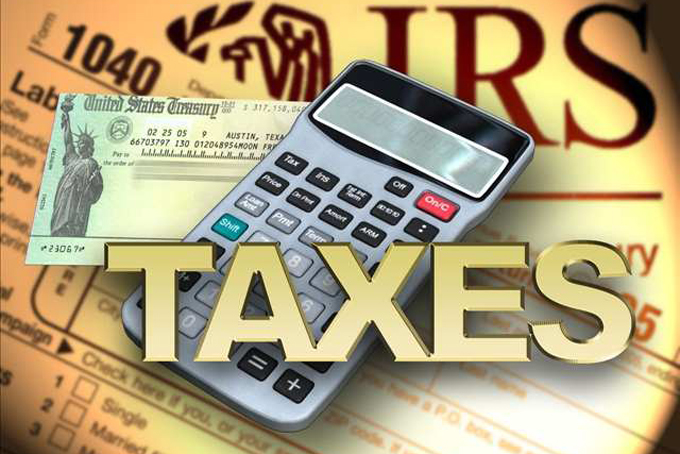
There are 23 million small businesses in America, according to the U.S. Small Business Administration. Although each is unique, you can be sure that they have a common desire to minimize their taxes and make the most of the deductions for which they qualify. The Pennsylvania Institute of Certified Public Accountants (PICPA) offers these tips on how to achieve those goals.
Record as you go
It’s essential to keep a log of your expenses and potential deductions throughout the year. You can deduct legitimate business costs from your business income. Tracking them as they happen ensures not only that you have an accurate count of what they are, but also that you’ll have less trouble pulling them together when tax time comes.
Take your deductions
If you are not aware of all the deductions that businesses are legally allowed, you may be missing out. Some common deductions for small-business owners include entertainment, travel, meals, capital assets, home office, and health insurance. If you are going to claim travel miles, meals, and entertainment deductions, you must keep adequate records that include receipts and other documentary evidence.
Planning to enhance or upgrade your equipment? You can deduct up to $500,000 in equipment purchases as long as the business spends $2 million or less for equipment for the year. The cost of repairs may also be deductible. If you’re self-employed, you may also qualify to deduct moving expenses if you change your job or business location.
Know the red flags
You should claim all deductions to which you are entitled. However, there are certain steps that can raise a red flag at the IRS, so it’s best to be aware of them so you can either avoid them or be prepared for any possible questions down the road. If your business is considered a hobby by the IRS, allowable deductions cannot exceed the gross receipts for the activity. Profitability is one deciding factor in making that determination. If your business does not make a profit in at least three of the last five tax years, it will be considered a hobby.
Taking the home office deduction can also draw IRS attention. Keep in mind that the office must be used regularly and exclusively for conducting business. If you have a qualifying home office, you can deduct related expenses for that portion of your home, including real estate taxes, mortgage interest, utilities, and insurance. Here’s a costly small-business mistake: using the payroll taxes that are withheld from employees to pay for business operations instead of sending them on to the IRS. If you don’t submit those taxes to the IRS, you could be subject to criminal and civil sanctions, including penalties and fines. Another big stumbling block for small businesses: improperly classifying an employee as an independent contractor may result in paying penalties and back payroll taxes.